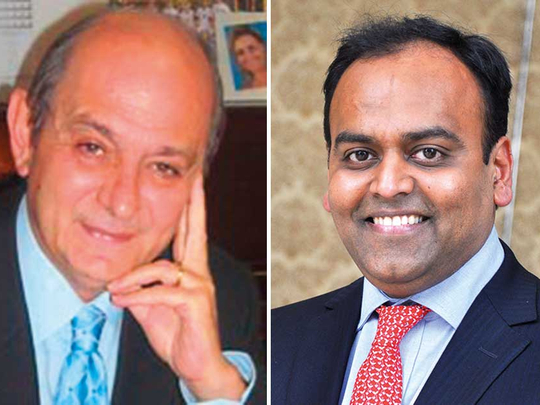
Abu Dhabi: Saudi Arabia’s plans to build a new city on the Red sea coastline with an investment of $500 billion (Dh1.8 trillion) is set to boost economic diversification plans of the kingdom and generate extra income in an era of low oil prices.
Saudi Arabia last week announced a half-a-trillion dollars plan to build a business and industrial zone that links with Jordan and Egypt, the biggest effort yet to free the kingdom from dependence on oil exports.
The 26,500 square kilometre zone, known as Neom, will focus on developing a wide range of industries including manufacturing, bio-technology, retail and tourism among others.
The city will be funded by the kingdom’s sovereign wealth fund as well as the Saudi government and a range of private and international investors. It will also be floated on financial markets.
“Investment of $500 billion is certainly a very large sum in any measure. Although this investment is geared specifically to the tourism sector, such a large capital injection into the domestic economy will have spillover effects into other sectors,” said Ohan S Balian, chief economist at the office of the director general of Abu Dhabi Chamber of Commerce and Industry.
“This will benefit immensely both directly and indirectly as income levels in these other sectors also rise, empowering consumers to increase their spending.”
Inflation
He, however, said these large capital injections into the domestic economy will have both positive impacts such as higher rates of employment and some unavoidable negative impact like higher rate of inflation.
“The task of the government is to adopt counter-cyclical economic policies to offset the negative impacts and reinforce the positive ones.”
The announcement of the new project came as the Saudi government focuses on diversification of the economy to boost income and create more jobs.
A number of sectors of the economy were opened for foreign investment as part of the Vision 2030 plan unveiled last year by Saudi Arabia’s Crown Prince Mohammad Bin Salman.
Mihir Kapadia, the CEO and Founder of Sun Global Investments in London, expects Saudi Arabia to further amplify its efforts towards reshaping its economic structure, in recognition of the falling oil prices.
“The Kingdom has been smart to realise that it can no longer depend on a single commodity,” Kapadia told Gulf News. “The plans for the futuristic city unveiled a new age vision for Saudi Arabia, aiming to create a truly global metropolis project, away from its conventional religious rhetoric.”
Tourism
The new project is also expected to boost country’s leisure tourism segment by leaps and bounds.
“We see this as a once-in-a-lifetime opportunity to further expand our footprint in the market,” said Omer Kaddouri, President and CEO of Abu Dhabi-based Rotana group. The hotel group already has several new projects in the pipeline, in addition to plans for five new hotels, which are scheduled to open in Riyadh, Al-Khobar, Jeddah, Dammam and Medina by 2020, which will add more than 1,150 rooms to its current portfolio in the Kingdom.












